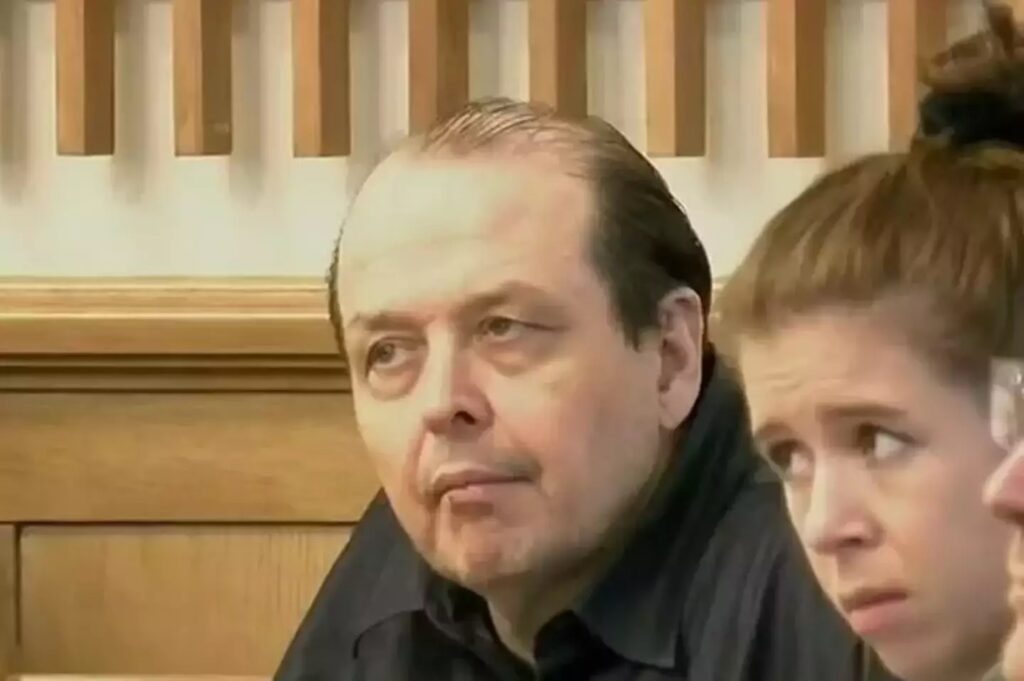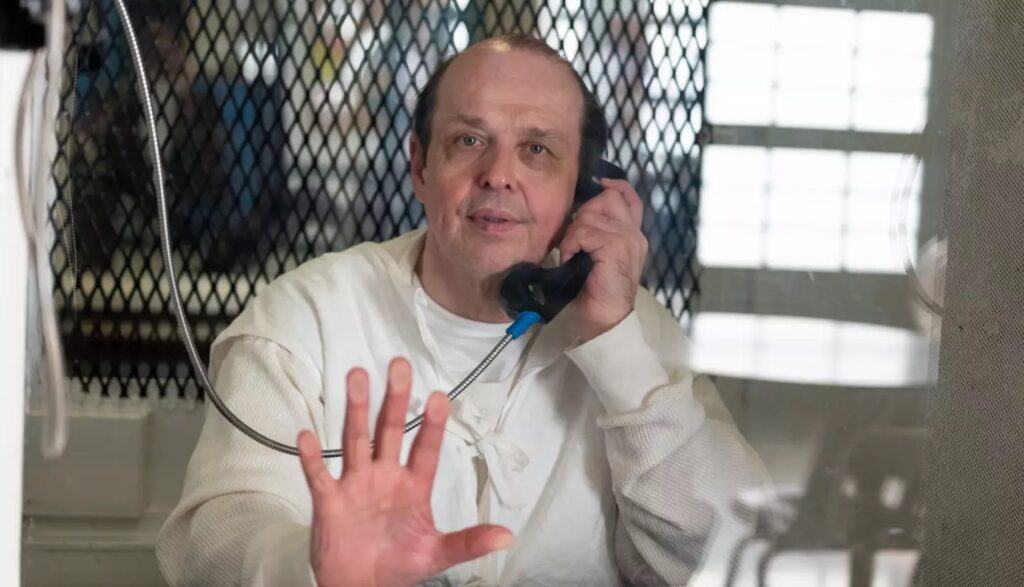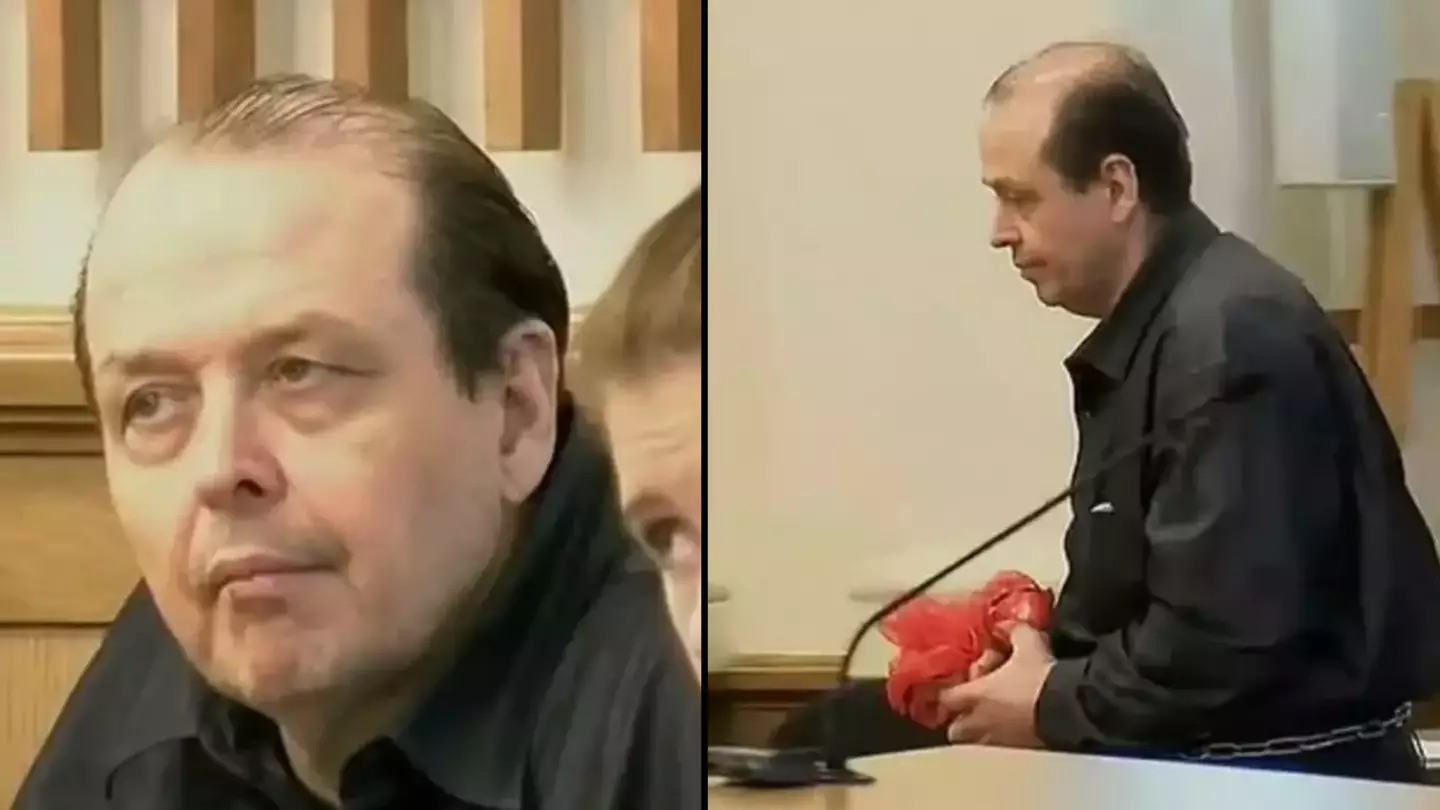A man in the US is slated for execut!on next week, despite asserting that he has evidence that could prove his innocence. Robert Roberson, from Palestine, East Texas, was sentenced to death in 2003 for the m*rder of his daughter, Nikki Curtis. On January 31, 2002, Roberson rushed his daughter to the hospital, claiming she had fallen from her bed after feeling unwell.

Concerns arose when Roberson and his daughter arrived at the hospital, as medical staff observed the 57-year-old appearing unemotional about the situation. Nikki was found to have serious head injur!es, facial bruising, and a subdural hematoma, and she ultimately succumbed to her injur!es.
Though Roberson claimed her injur!es resulted from a fall, he was arrested and charged with her death. The prosecution argued that Nikki was a victim of shaken baby syndrome (SBS), which is characterized as a severe head injury in young children caused by v!olent shaking.

SBS has become a controversial topic, with medical experts arguing that the diagnosis often overlooks the child’s medical history and other possible causes of death. According to ABC News, about 30 people have been exonerated after SBS convictions. The Texas Tribune reports that Nikki had been unwell before her death, and Roberson’s attorneys argue she suffered from ‘severe, undiagnosed’ pneumonia, causing her to collapse and turn blue. They also highlighted that Nikki had been prescribed medications like Phenergan and codeine, which are no longer considered safe for children her age.
Roberson’s attorneys stated, “It is irrefutable that Nikki’s medical records show that she was severely ill during the last week of her life.” They described her passing as “a trag!c, untimely death of a sick child whose impaired, impoverished father did not know how to explain what has confounded the medical community for decades.” Despite these arguments, the petition filed by Roberson’s attorneys was denied by Texas’ highest criminal court.
Roberson is scheduled for execution on October 17 unless he can secure clemency from the state Board of Pardons and Paroles.
